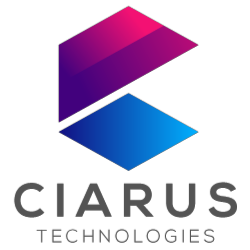
In the rapidly evolving landscape of software development, Agile methodologies have emerged as a powerful framework for managing projects with flexibility, efficiency, and collaboration. Agile’s iterative approach allows teams to adapt to changes quickly, deliver high-quality software, and meet customer needs effectively. This blog delves into the core principles of Agile methodologies, explores how they can be tailored to fit different types of software development projects, and provides insights into the market rates for Agile consultancy services. For those seeking expert guidance and tailored solutions, Ciarus Technologies is here to help.
Understanding Agile Methodologies
Agile methodologies are based on the Agile Manifesto, which emphasizes:
- Individuals and interactions over processes and tools.
- Working software over comprehensive documentation.
- Customer collaboration over contract negotiation.
- Responding to change over following a plan.
These principles guide various Agile frameworks such as Scrum, Kanban, Lean, and Extreme Programming (XP). Each framework has unique practices and tools designed to enhance software development efficiency and collaboration.
Tailoring Agile to Different Software Development Projects
Agile is not a one-size-fits-all solution. It must be tailored to fit the specific needs and context of different software development projects. Here’s how Agile can be adapted for various types of projects:
1. Small to Medium-Sized Projects
For small to medium-sized projects, Scrum is often the preferred Agile framework. Scrum’s structure, with its defined roles (Product Owner, Scrum Master, Development Team), time-boxed sprints, and regular ceremonies (Daily Stand-ups, Sprint Reviews, and Retrospectives), provides a balanced approach to managing tasks and ensuring continuous improvement.
- Key Practices:
- Short Sprints: Typically 2-4 weeks to deliver incremental improvements.
- Backlog Management: Prioritizing tasks to ensure the most valuable features are developed first.
- Frequent Releases: Delivering working software at the end of each sprint to gather feedback early and often.
2. Large-Scale Projects
Large-scale projects often require scaling Agile practices to coordinate multiple teams working on different parts of the project. Frameworks like Scaled Agile Framework (SAFe), Large Scale Scrum (LeSS), and Disciplined Agile Delivery (DAD) provide guidelines for scaling Agile.
- Key Practices:
- Program Increments: Larger planning cycles (typically 8-12 weeks) to align multiple teams on shared goals.
- Synchronization: Regular synchronization meetings to ensure all teams are on the same page.
- System Demos: Comprehensive demonstrations to showcase integrated work from all teams.
3. Maintenance and Support Projects
For maintenance and support projects, where the focus is on ongoing improvements and bug fixes, Kanban can be highly effective. Kanban’s visual workflow management helps teams prioritize and manage tasks efficiently without the need for time-boxed sprints.
- Key Practices:
- Visual Boards: Using Kanban boards to visualize tasks and their status.
- Work-in-Progress (WIP) Limits: Setting limits on the number of tasks in progress to prevent bottlenecks.
- Continuous Delivery: Delivering updates and fixes as soon as they are ready.
4. Innovation and R&D Projects
For projects focused on innovation and research and development (R&D), Extreme Programming (XP) can be particularly useful. XP emphasizes technical excellence and frequent releases, which are crucial for experimenting and validating ideas.
- Key Practices:
- Pair Programming: Two developers work together on the same code to improve quality and share knowledge.
- Test-Driven Development (TDD): Writing tests before code to ensure functionality and reduce bugs.
- Continuous Integration: Integrating code changes frequently to detect issues early.
Market Rates for Agile Consultancy Services
The cost of Agile consultancy services can vary based on factors such as the scope of the project, the level of expertise required, and the duration of the engagement. On average, here’s a rough estimate of market rates for Agile consultancy services:
- Hourly Rate: $100 – $250 per hour
- Daily Rate: $800 – $2,000 per day
- Weekly Rate: $4,000 – $10,000 per week
- Monthly Rate: $15,000 – $40,000 per month
These rates can vary significantly based on geographic location, the consultant’s experience, and the specific needs of the project.
For More Information, Contact Us
At Ciarus Technologies, we specialize in providing tailored software development and consultancy services. Our team of Agile experts can help you navigate the complexities of Agile methodologies, ensuring that your projects are delivered on time, within budget, and to the highest quality standards. Whether you’re starting a new project, scaling an existing one, or looking to optimize your current processes, we’re here to support you every step of the way.
To learn more about how we can help you unlock the full potential of Agile methodologies for your software development projects.

